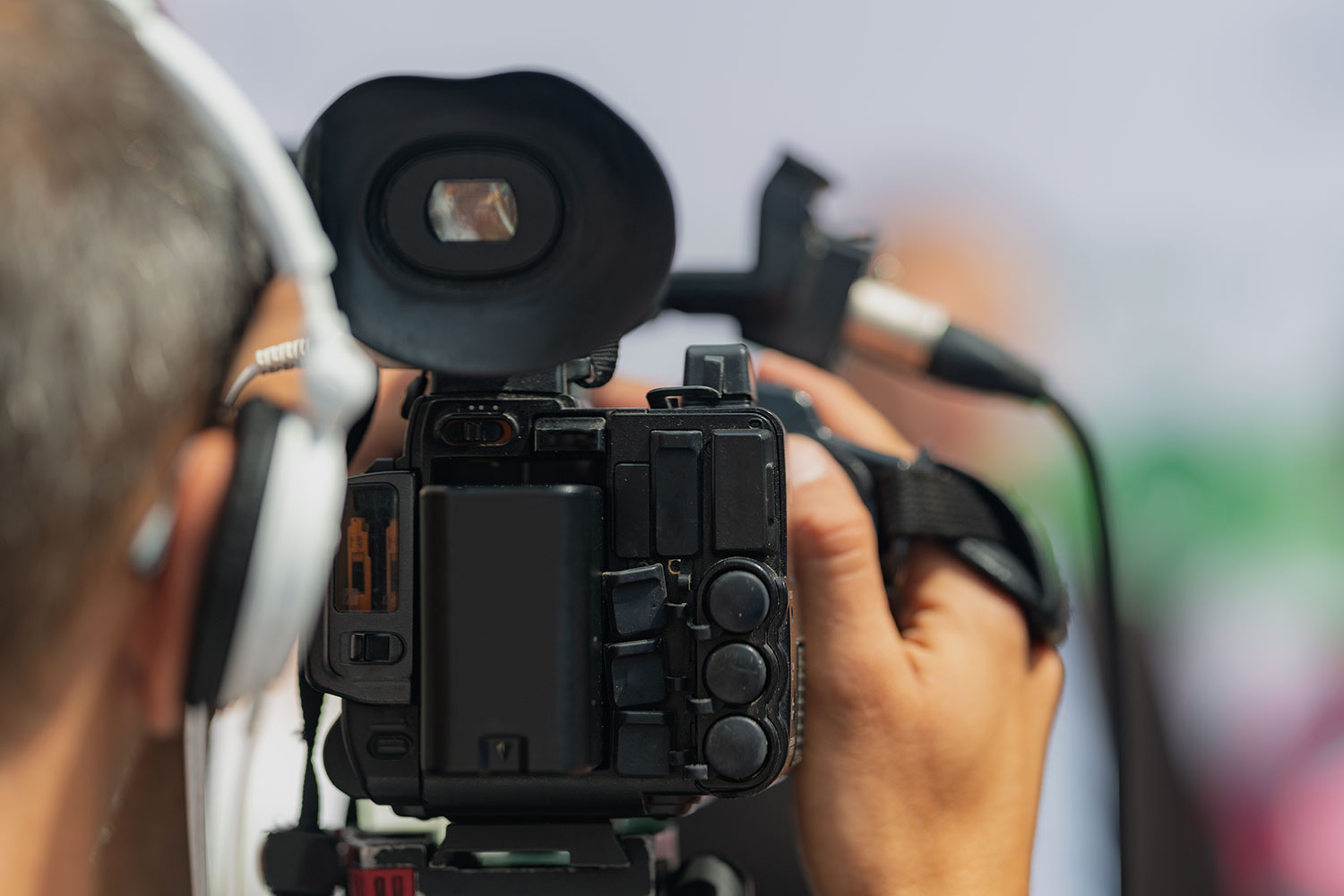Secure Legal Videography for Legal Experts.
Secure Legal Videography for Legal Experts.
Blog Article
The Function of Lawful Videography in Depositions and Tests
Lawful videography has emerged as an important device in both depositions and tests, supplying a diverse method to documenting witness statements. As legal experts increasingly identify its worth, it prompts a much deeper exam of just how these visual records can influence juror understandings and test outcomes.

Importance of Lawful Videography
Legal videography plays a pivotal duty in the documents and presentation of depositions and trials. This specific field integrates technical skills with lawful expertise to develop a reliable document of process that can significantly influence situation results. The aesthetic facet of lawful videography improves the understanding of witness testament, allowing jurors and judges to observe not just the talked words however also the behavior, emotions, and body language of the witnesses.
In addition, legal videography provides an objective account of occasions, reducing the capacity for misconception that can happen with created transcripts alone. This aesthetic documents functions as a vital device during trial discussions, facilitating a clearer and more influential story for both plaintiffs and defendants. The ability to replay video clip sections during court process allows legal groups to emphasize vital factors, enhancing their disagreements effectively.
The relevance of legal videography expands beyond the court room; it likewise plays a crucial role in protecting evidence for future referral, whether for charms or more lawsuit. Its integration right into the lawful process is necessary for guaranteeing a reasonable and exact representation of the truths, inevitably contributing to the quest of justice.

Process of Legal Videography
While recording the subtleties of depositions and tests, the process of legal videography includes a number of essential steps that guarantee top notch, exact recordings. A specialist legal videographer prepares by examining the instance products and recognizing the details needs of the deposition or test. This prep work consists of acquainting themselves with the individuals and the context, which aids in capturing important details.
On the day of the recording, the videographer sets up the required equipment, which usually includes high-definition video cameras, microphones, and appropriate lights. Making sure ideal angles and sound quality is essential, as it directly impacts the performance of the recording. The videographer connects with attorneys and individuals to establish procedures, ensuring that everybody recognizes the recording process.
During the deposition or trial, the videographer thoroughly tape-records the proceedings, paying close interest to both verbal and non-verbal signs. This consists of catching the disposition and reactions of witnesses and lawyers. After the session concludes, the videographer may modify the video footage for clarity and conformity with legal standards, generating an end product that properly shows the proceedings for future referral and use in lawful contexts.
Benefits in Depositions
The incorporation of videography in depositions provides numerous benefits that enhance the total process of collecting evidence. One key benefit is the ability to catch witness statements with visual and acoustic fidelity, giving a much more accurate representation of the witness's disposition, tone, and body movement. This multidimensional strategy enables attorneys and juries to analyze integrity better than conventional written transcripts alone.
Additionally, videographed depositions work as an effective device for protecting testament. Should a witness ended up being unavailable for trial, their videotaped deposition can be played in court, ensuring that their evidence continues to be accessible and relevant. This element significantly minimizes the threat of losing important navigate here details that might influence case results.

Finally, videography improves the general expertise of the deposition process, instilling confidence in customers regarding the thoroughness of their legal depiction (legal videography). By leveraging technology, attorneys can significantly boost the performance of depositions
Impact on Tests
In lots of trials, the combination of videography can substantially influence the presentation of evidence and the court's assumption. Legal videography captures witness testimonies and critical proof in a dynamic format, permitting jurors to involve with the material on numerous degrees. This visual part improves the storytelling site facet of a test, offering context and emotional vibration that standard text-based evidence might lack.
In addition, video clip recordings can act as effective tools for impeachment during interrogation. When inconsistencies occur in between a witness's prior declarations and their court testimony, video clip evidence gives an objective referral that can persuade jurors' point of views. This immediacy and clearness can bolster the reputation of a celebration's story while concurrently undermining opposing arguments.

Future Trends in Legal Videography
As we look toward the future of legal videography, several emerging trends assure to improve its duty within the court. One significant trend is the integration of artificial intelligence (AI) in video clip evaluation and browse around here editing and enhancing. AI can simplify the procedure of determining crucial minutes in taped depositions, enabling attorneys to quickly access relevant web content, therefore improving effectiveness in case preparation.
In addition, the surge of online reality (VR) and boosted truth (AR) innovations is expected to change exactly how jurors experience evidence. legal videography. By submersing jurors in a substitute atmosphere, these technologies can provide an extra profound understanding of complex circumstances, causing more enlightened considerations
Furthermore, the increasing need for remote depositions, increased by the COVID-19 pandemic, will likely proceed. Lawful videographers will require to adjust to new software and platforms to make certain top quality recordings in digital setups.
Finally, the expanding emphasis on information safety will require stricter procedures for saving and sharing video proof. As the legal landscape advances, legal videographers have to stay abreast of these fads to maintain their significance and effectiveness in the judicial procedure.
Verdict
In recap, legal videography serves a vital feature in the judicial procedure, enhancing the stability of depositions and trials. As innovation proceeds to advance, lawful videography is poised to further transform its function within the lawful landscape.
Report this page